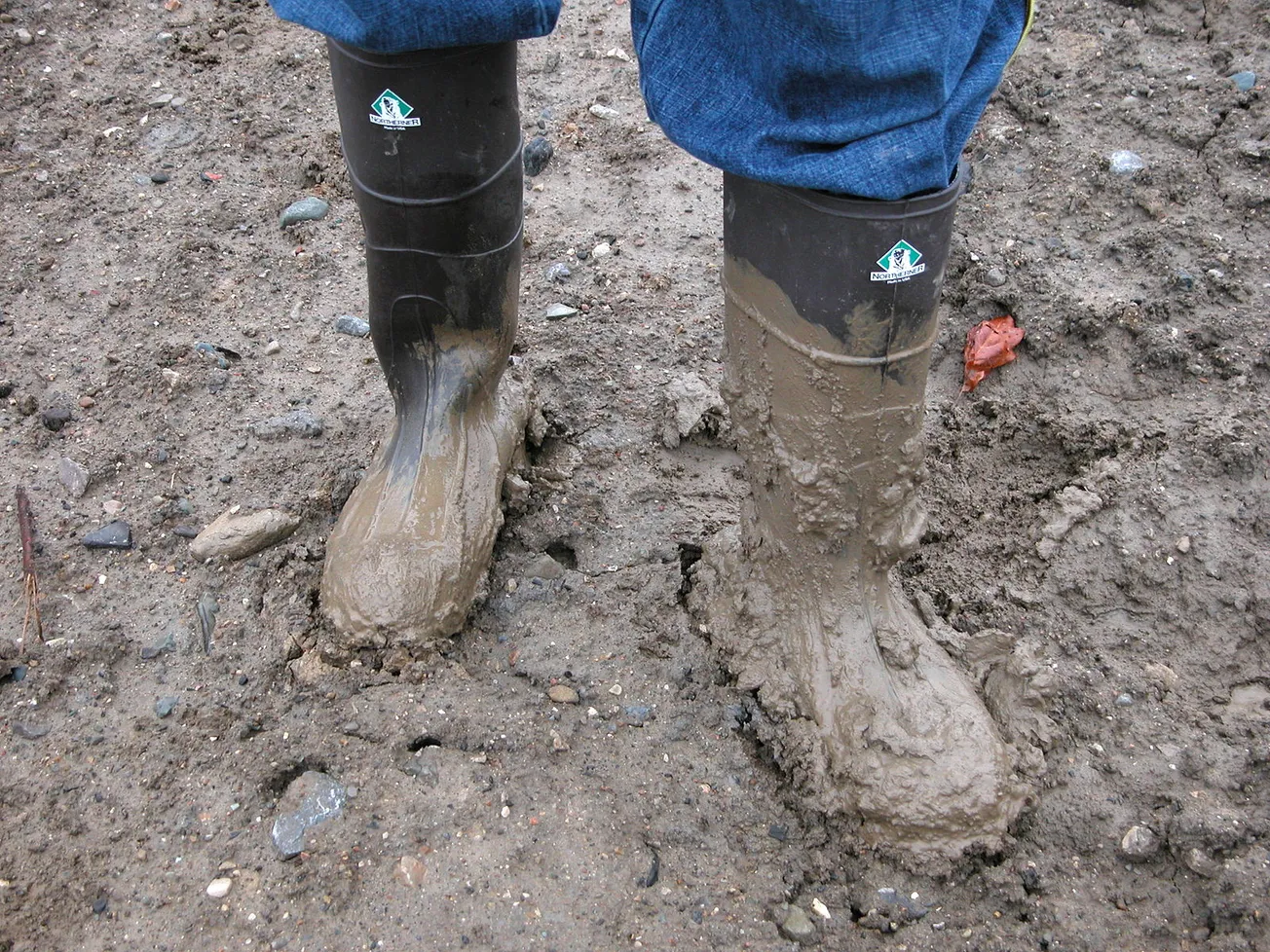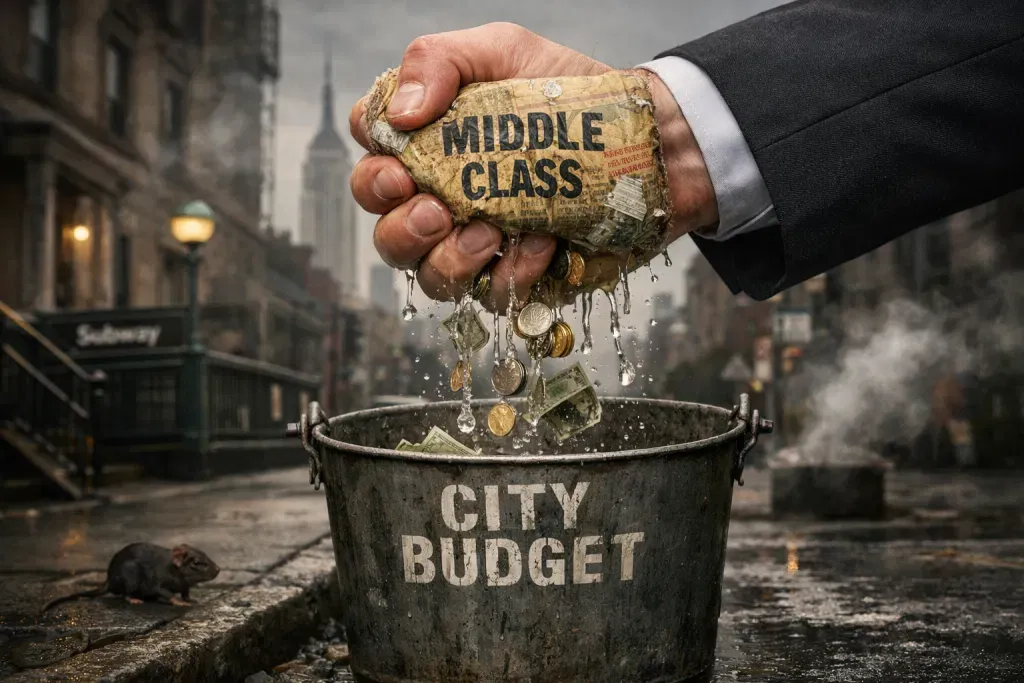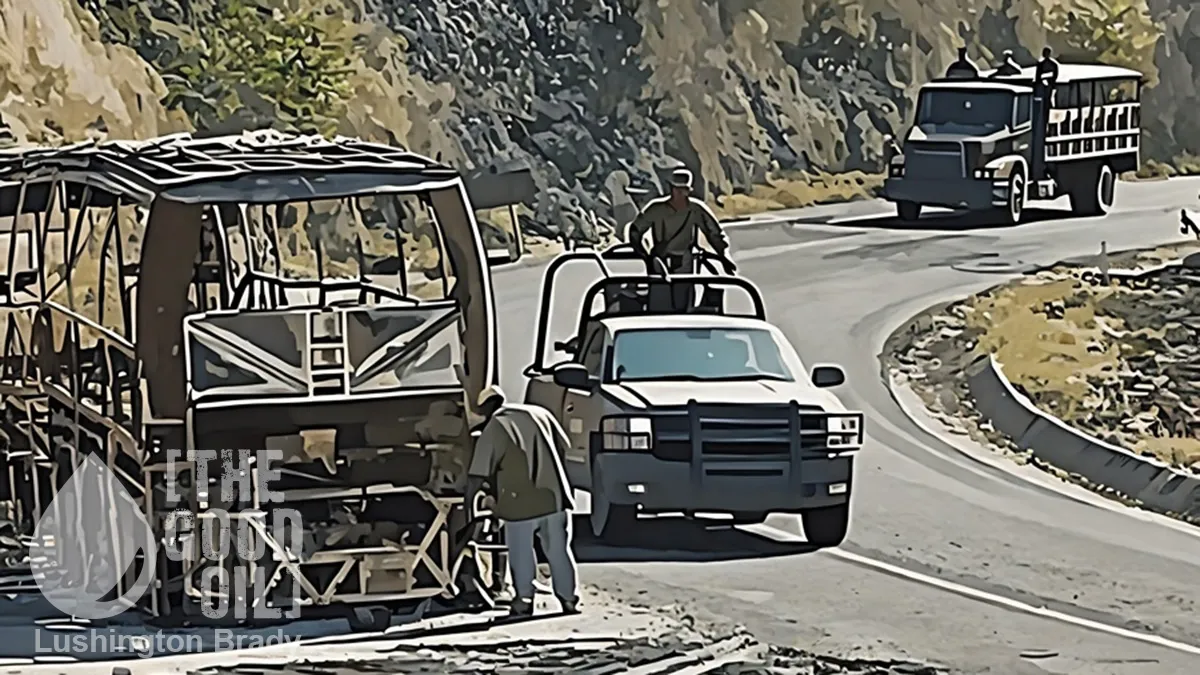Table of Contents
Tani Newton
February 14th, 2023. We were roused from an uneasy sleep at 4am by Civil Defence telling us to prepare for evacuation. We did what we could to protect our more valuable belongings before heading to the assembly point, where we eventually joined a cavalcade of cars slowly moving out of town and up a hill onto a farm. The river was coming down the street after us as we drove out.
At the evacuation site, people milled around, checking that neighbours and loved ones were there. A water boiler was going for hot drinks, and someone was walking around with a box of apples. Children stared wide-eyed, and dogs peered unhappily from under ute covers. As the darkness lifted and the day dawned, little groups of people began to scramble up the hill, slithering in the mud (it had been raining all summer) to view the spectacle of a whole town under water, just a gigantic puddle with trees and houses sticking out of it. Then we slithered back down to join anxious conversations: “Could you see my place?” “Could you see Auntie’s place?” “I think you’re alright. It’s not too bad at our end.” People shared what food they had managed to bring and three hundred people were looked after. There was no phone service, no internet, and no road in or out. Our town was cut off from the rest of the district, as the district was cut off from the rest of the country. The local Civil Defence and Fire Service had managed everything by themselves.
A day and a night of sitting in cars in the relentless grey drizzle, and then people slowly began to make their way back to their homes, or what was left of them. The school hall became emergency accommodation for a hundred people; others went to family and friends. You couldn’t really clean anything, because there would be nowhere dry to put it if you did – and, as ironically happens in a flood, there wasn’t a lot of water. Much succumbed to mould, rust, rot and mildew. This is a poor town, a Maori town, and it was heartbreaking to see people’s belongings piled on the side of the road, waiting for the huge rubbish trucks to collect them. They weren’t even very nice things, but they were all their owners had.
The Prime Minister flew in, declared a state of emergency, and flew out. The District Council were acting as if they had never heard of a flood before and might have to schedule a meeting to talk about setting up a committee to look into developing a strategy. In the end, it was the iwi that did what needed to be done – got together a team of builders, plumbers and electricians to go around people’s houses and fix things. There was no racism, no talk of co-governance: non-Maori were treated the same as everyone else.
A contracting company donated their time and equipment to move silt from people’s sections. Neighbours moved each other’s furniture and shovelled each other’s mud, organised by an ineffable confluence of Civil Defence, the marae committee and the aunties. Poverty is everywhere in Poverty Bay, but donations always exceeded need. As the Bible says, poverty abounded to liberality.
A year on, it’s been hard but we’re managing. Relocatable cabins and prefab houses have sprung up like mushrooms, making life better for some of us than it was before. The grass has grown back through the mud. It stopped raining some time around September. Now the council and the iwi have got some money from the government and they are raising the houses that were flooded. Of course, all this is bogged down in the mire of bureaucracy, which takes longer to wade through than all the mud in the Waipaoa river. My place is on the priority list, and work might start on it some time next year. Meanwhile, we sit and read in the news about communist agitators posing as Maori radicals trying to burn our country down.
Here in Te Karaka, we’re still checking up on each other, giving hugs, sharing kai, having korero, while people in some place far away argue about the ‘principles’ of a treaty that doesn’t have any principles. This isn’t ‘partnership’; it’s just Kiwiland functioning in the mysterious but very functional way that Kiwiland functions. You know, manaakitia and kaitiakitanga and that. We don’t talk about equity and reciprocity. We talk about whether or not our families have roofs over their heads, clothes on their backs and food in their bellies. I just wish I could invite some other people to take a walk down the calendar. Get out of February the 6th, and come and join us down here on February the 14th.









